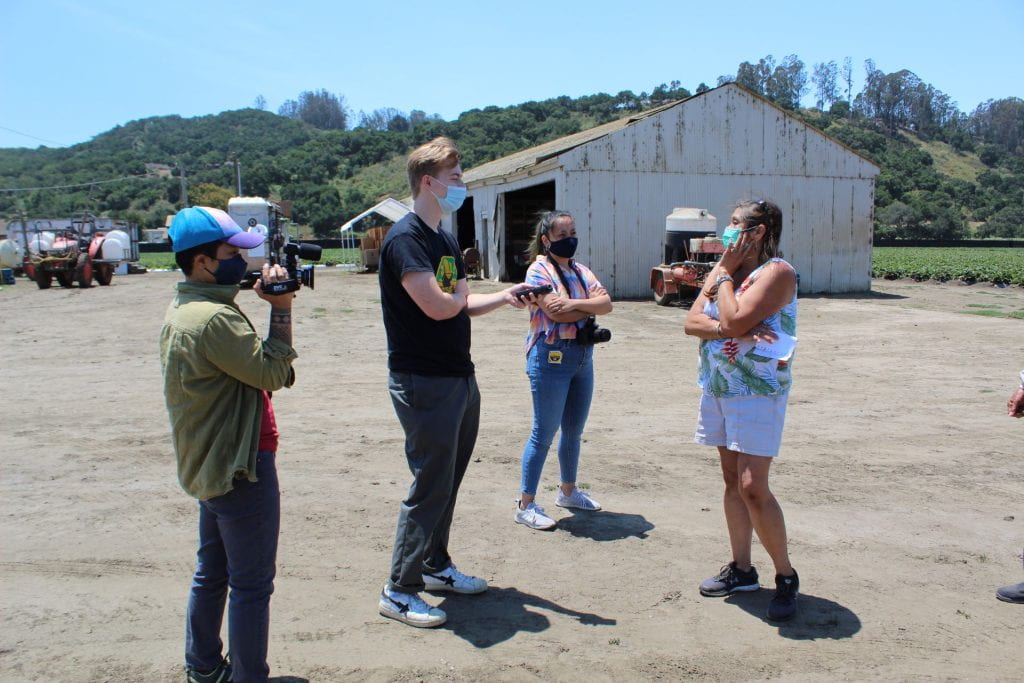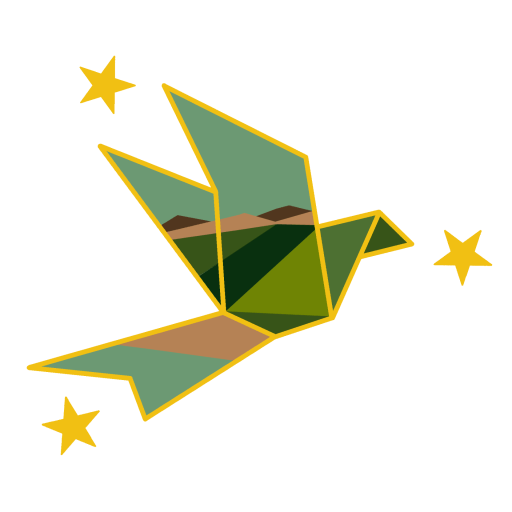Introduction

The WIITH Oral History Project project aims to holistically document Filipino American experiences in the Pajaro Valley and greater Santa Cruz County from the early twentieth century to the present. Through oral history principles and methods, our primary objective is to enrich existing historical knowledge of the manong generation (Ilokano/Tagalog for “older brother”), the first wave of Filipino migrant farmworkers to arrive in the United States at the beginning of the 20th century. The WIITH Oral History Project’s primary objective is to interrogate and expand standard scholarly narratives of the manong that often focus on their experiences of migration, labor, and racial discrimination and violence during the 1920s and 1930s. We aim to do this in two ways.
First, we highlight the ways in which the manong are remembered by their descendants and community. This involves our narrators sharing family stories and childhood memories as well as discussing the gaps in their knowledge of the manong experiences due to intergenerational silences regarding topics such as racial violence, interethnic, community, and family divisions, and labor organizing tensions.
Second, we examine how the manong, the manang (an Ilokano/Tagalog word for “older sister” which we use to refer to both the Filipina and non-Filipina women who had relationships with the manong) and their descendants fostered community and formed kinship networks, engaged in various forms of labor and leisure activities, and navigated racial, socioeconomic, and gendered dynamics.
WIITH Oral History Project Team
WIITH interviews are conducted by UCSC professors, graduate and undergraduate students, and community members and researchers who receive training in oral history interview strategies and ethics. Our project is particularly committed to centering UCSC undergraduate students by providing them with specialized, hands-on training and experience in oral history collection and preservation. Participation in the WIITH Oral History Project provides undergraduates with valuable hands-on experiences with historical documentation, archiving, community-engagement, and academic analysis. Undergraduate team members receive training in oral history methods and strategies before conducting interviews with community members. They learn how to process, edit, and transcribe interviews to be featured on the WIITH digital archive website. They are additionally given the opportunity to reflect and analyze oral histories through scholarly writing and presentations.
Timeline and Statistics
Our team first began conducting oral history interviews in Spring of 2021 and has continued to interview community members since our initial launch. Presently, there are forty-seven interviews publicly available in the archive. In the coming years, our team will continue collecting interviews in order to meet community demand and to comprehensively document rich local Filipino American histories.
Project Scope
We are invested in revealing the diversity of Filipino American experiences by unpacking the rich but hidden stories that can be found in the Pajaro Valley. The majority of the original manong and manang of the Pajaro Valley have long since passed. We, therefore, turned to their descendants who shared with us stories that have been passed down from their parents. In addition, during their interviews, they discussed their memories of growing up in the Pajaro Valley with their family, relatives, and friends. As a result, the temporal scope of the WIIITH Oral History project stretches from the early twentieth century to the present.
It is important to note that while many of our narrators and their families experienced poverty, harsh labor conditions, and precarity growing up in the Pajaro Valley, a distinguishing factor amongst all of our interviewees is that their parents had the means to have families. Those manong who were unable to have families or moved back to the Philippines to be reunited with their kin, are captured through the memories of their friends’ children and their names are often unknown or they are remembered affectionately by their nicknames. We acknowledge that this is one of the biases of our project, but encourage listeners to consider how class may shape the experiences and notions of belonging for our contributors. Furthermore, we posit that while we do not know their names, the affection, love, and caretaking expressed by our narrators trouble popular understandings of these manong as lonely and poor bachelors.
The Tobera Project’s founder and director, Dioscoro “Roy” Recio, Jr. Recio introduced us to our first narrators. Although this has been one of the most treasured aspects of our project, it has certainly shaped who we have interviewed and the stories we have been able to capture. As we have become more familiar with the community and have cemented our own relationships with community members, we have been able to extend beyond the network of The Tobera Project.
Lastly, one of the tenets of oral history interviewing is to capture multivalent narratives and stories. As such, our collection features multiple and often conflicting perspectives of growing up in and around Watsonville. We posit that this discord can help us understand the complexities of their experiences and positionalities. Furthermore, as scholars invested in critical scholarship that seeks to understand complicated histories of migration, labor, racism, settler colonialism, queerness, and sexism, we understand that our conclusions and interpretations may spark feelings of discomfort, especially since we are discussing personal and lived experiences. We hope to honor the stories and the people who have shared them with us, while also engaging in critical dialogue.
